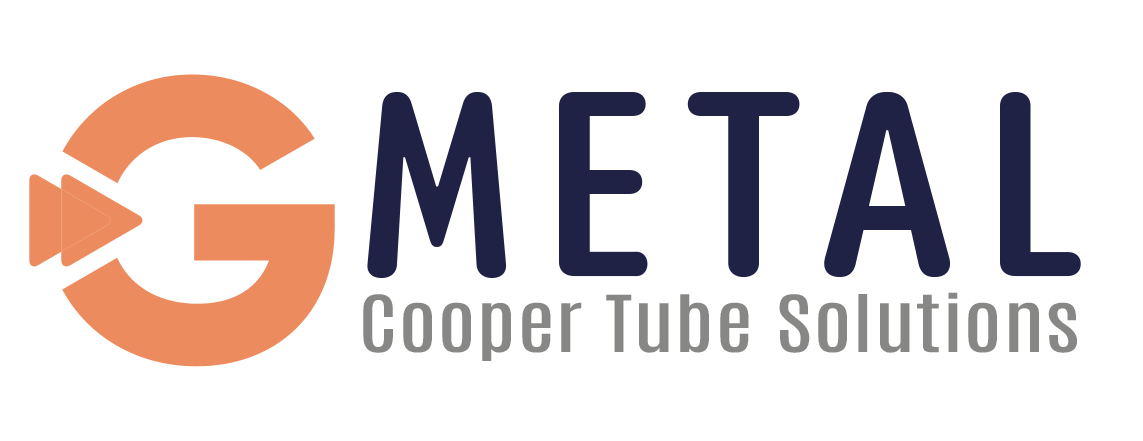Taunton Peer Recovery Support Center on Washington St support sobriety
The goal of the Peer Recovery Support Center is to be a one-stop shop for addressing the needs of people trying to stay clean and productive. With CCBC as its parent, it has access to those necessary resources. Located at 1 Washington https://www.babydsdeli.com/unhealthy-food-you-should-avoid-to-prevent-aging/ St. in Taunton, around the corner from WOW! Work Out World and Lavender Laundromat, the Peer Recovery Support Center follows a loose but compassionate approach to mitigating relapses and helping people achieve long-term recovery.
Ongoing treatment

Not only is addiction relapse common, relapse is not considered a sign of failure. In fact, people in recovery might be better off if the term “relapse” were abandoned altogether and “recurrence” https://www.chinzadopeness.com/2020/08/ substituted, because it is more consistent with the process and less stigmatizing. • Meaning and purpose—finding and developing a new sense of purpose, which can come from many sources.

National Statistics on Relapse Rates for Various Addictions
There is no set timeline for how long it will take someone to go through the steps. A person typically begins by attending their first AA meeting and being introduced to newcomer information (including information http://animals.in.ua/lyisyiy-kot-pyatachok-spasaet-pozhilyih-lyudey-ot-depressiy on the 12 steps). Get the latest announcements on SAMHSA’s effort to address recovery support. Official websites use .govA .gov website belongs to an official government organization in the United States.
- Engaging in high-risk behaviors or situations, such as attending parties where substances are present, can trigger relapse.
- Identify other factors in your life—relationships, work—that can help take the focus off addictive behaviors.
- It may include clinical treatment, medications, faith-based approaches, peer support, family support, self-care, and other approaches.
- Additionally, medications are used to help people detoxify from drugs, although detoxification is not the same as treatment and is not sufficient to help a person recover.
External Triggers and Risk Factors
He pleaded guilty to a felony drug charge, and spent 14 months in a drug-court program, completing maintenance on a fairground in upstate New York. According to the outlet, Anastasio hasn’t touched a drink or drugs since then. Volunteers actually invest time into the center, including outreach, cleaning the facility, running support groups, etc. The Taunton Peer Recovery Support Center has a tiered system for inclusion and decision-making into how the center is run and what programs are offered. If people walking into the center currently don’t have stable living conditions, they can also refer them to the CCBC to help find them a sober residential living house. According to Aikins’ Facebook profile, she currently works in substance abuse recovery in Southwest Ohio.
A Sibling’s Narrative of Recovery From Addiction and Loss

Just Stop Oil Activists Who Threw Tomato Soup at Van Gogh’s ‘Sunflowers’ Get Prison Time
Medical Professionals
- Recovery from addiction is not only possible, it is the rule, rather than the exception.
- Detoxification alone without subsequent treatment generally leads to resumption of drug use.
- Saying a mantra, substituting thoughts of recovery goals, praying, reading something recovery-related, reaching out to someone supportive—all are useful tactics.
- This can help set realistic goals, prepare for challenges, reduce shame, tailor treatment, and get long-term support.


Leave a Reply
Want to join the discussion?Feel free to contribute!